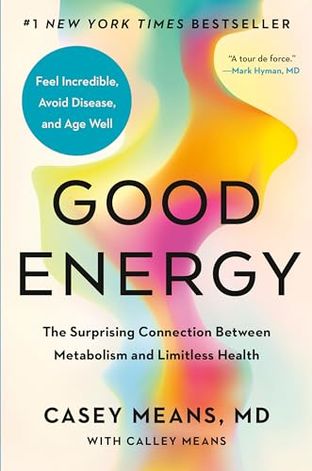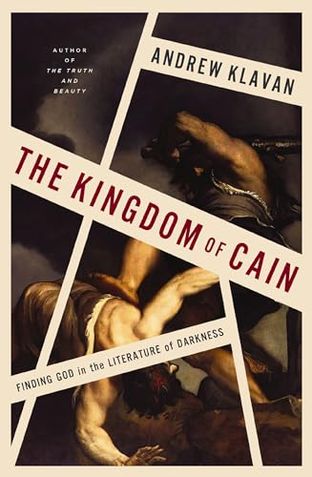Review of Good Energy
by Johny McFliggen, PhD Literature & Business, Oxford
In an era where the term "energy" is as ubiquitous as it is vague, Casey Means and Calley Means attempt to bottle this elusive concept in their book "Good Energy." Unfortunately, the title itself feels like a cryptic nod to what lies within—an exploration that, much like a philosophical koan, leaves us pondering more about the nature of energy than providing concrete answers.
Casey and Calley Means, whose backgrounds I presume blend health and wellness with a dash of entrepreneurial savvy, embark on a quest reminiscent of Indiana Jones searching for the Holy Grail. Yet, instead of ancient religious artifacts, they delve into the modern grail of personal and societal vitality. If only their narrative matched the cinematic flair of Spielberg's iconic archaeologist.
Drawing parallels to other works in this nebulous genre, one might consider Gretchen Rubin's "The Happiness Project" or even Yuval Noah Harari's "Sapiens" for its ambitious scope, albeit with less historical gravitas. The Means siblings tackle the subject with a fervor akin to Malcolm Gladwell's storytelling style—but without the same level of empirical density. Their approach seems more akin to that of a motivational seminar than a rigorous academic treatise.
"Good Energy" attempts to dissect and reassemble the components of what fuels our daily lives. It’s a noble endeavor, one that flirts with the self-help tropes yet tries to maintain an air of intellectualism. The problem lies not in the intention but in the execution. The book sometimes veers dangerously close to the platitudinous realm occupied by so many self-proclaimed wellness gurus on social media platforms.
The authors’ voices serve as both chorus and conductor in a symphony that occasionally loses its tempo. They address themes such as mental wellness, nutritional insights, and perhaps even the metaphysical aspects of energy—though it’s hard to tell without more explicit guidance from the authors themselves. It's reminiscent of watching "The X-Files" and waiting for Mulder to reveal the deeper truth. Alas, clarity remains elusive.
In terms of comparative literature in this space, one cannot help but think of "Atomic Habits" by James Clear or even "Why We Sleep" by Matthew Walker as benchmarks for blending scientific research with personal transformation. "Good Energy," however, lacks the same meticulous research foundation and narrative coherence.
To sum up, Casey and Calley Means have crafted a book that is ambitious in its reach but somewhat nebulous in its grasp. For those seeking a philosophical musing on what constitutes 'good energy,' this work may spark some enlightening conversation. However, for readers yearning for actionable insight with solid empirical backing, it might feel like an energy drink promising a boost but delivering only a fleeting sugar rush.
Purchase Link: Good Energy on Amazon



